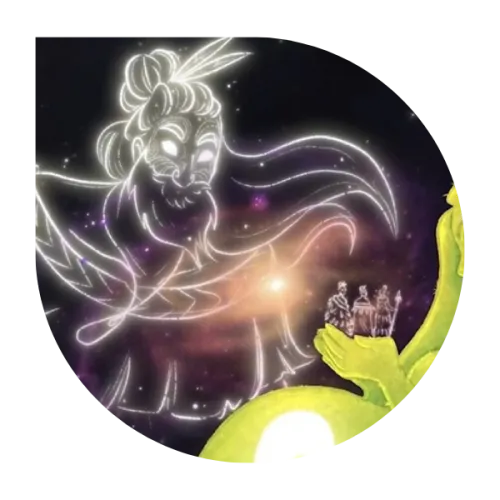KāingaHome
He akoranga/huinga
Training & events
He akoranga/huinga
Training & events
Browse all training, events, and learning resources supporting workforce development in youth mental health and wellbeing.
View all
Building foundational learning
Ensuring quality outcomes & delivering insights
Sector engagement & leadership connection
Supporting parents, whānau, & schools
Specific work programmes
He akomanga ā-ipurangi
Online courses
He akomanga ā-ipurangi
Online courses
Explore self-paced courses that strengthen your skills in youth mental health, whānau support, and workforce development—accessible anytime, anywhere.
View all
Building foundational learning
Ensuring quality outcomes & delivering insights
Supporting parents, whānau, & schools
Specific work programmes
He rauemi
Resources
He rauemi
Resources
Browse tools, guides, research, and practical resources to support your mahi in youth mental health, addiction, and whānau wellbeing.
View all
Building foundational learning
Ensuring quality outcomes & delivering insights
Sector engagement & leadership connection
Supporting parents, whānau, & schools
Specific work programmes
KāingaHome
He akoranga/huinga
Training / events
Ā mātou mahi
Our work
Find out about our different programmes of work and related trainings, events, online courses and resources.
Building foundational learning
Supporting parents, whānau, & schools
Sector engagement & leadership connection
Ensuring quality outcomes & delivering insights
Specific work programmes
He akomanga ā-ipurangi
Online courses
Ā mātou mahi
Our work
Find out about our different programmes of work and related trainings, events, online courses and resources.
Building foundational learning
Supporting parents, whānau, & schools
Ensuring quality outcomes & delivering insights
Specific work programmes
He rauemi
Resources
Ā mātou mahi
Our work
Find out about our different programmes of work and related trainings, events, online courses and resources.
Building foundational learning
Supporting parents, whānau, & schools
Sector engagement & leadership connection
Ensuring quality outcomes & delivering insights
Specific work programmes
Resources

If you are already registered for an online course you can access the learning management system here.
Featured resources
Featured online courses
Featured training/events
See more online courses below
See more resources below
Please note: resources from our old website are currently being loaded
See more training/events below
Explore all resources
Explore all online courses
Explore all training/events
Thank you! Your submission has been received!
Oops! Something went wrong while submitting the form.
Thank you! Your submission has been received!
Oops! Something went wrong while submitting the form.
Thank you! Your submission has been received!
Oops! Something went wrong while submitting the form.
No items found.
No items found.
Thank you! Your submission has been received!
Oops! Something went wrong while submitting the form.














